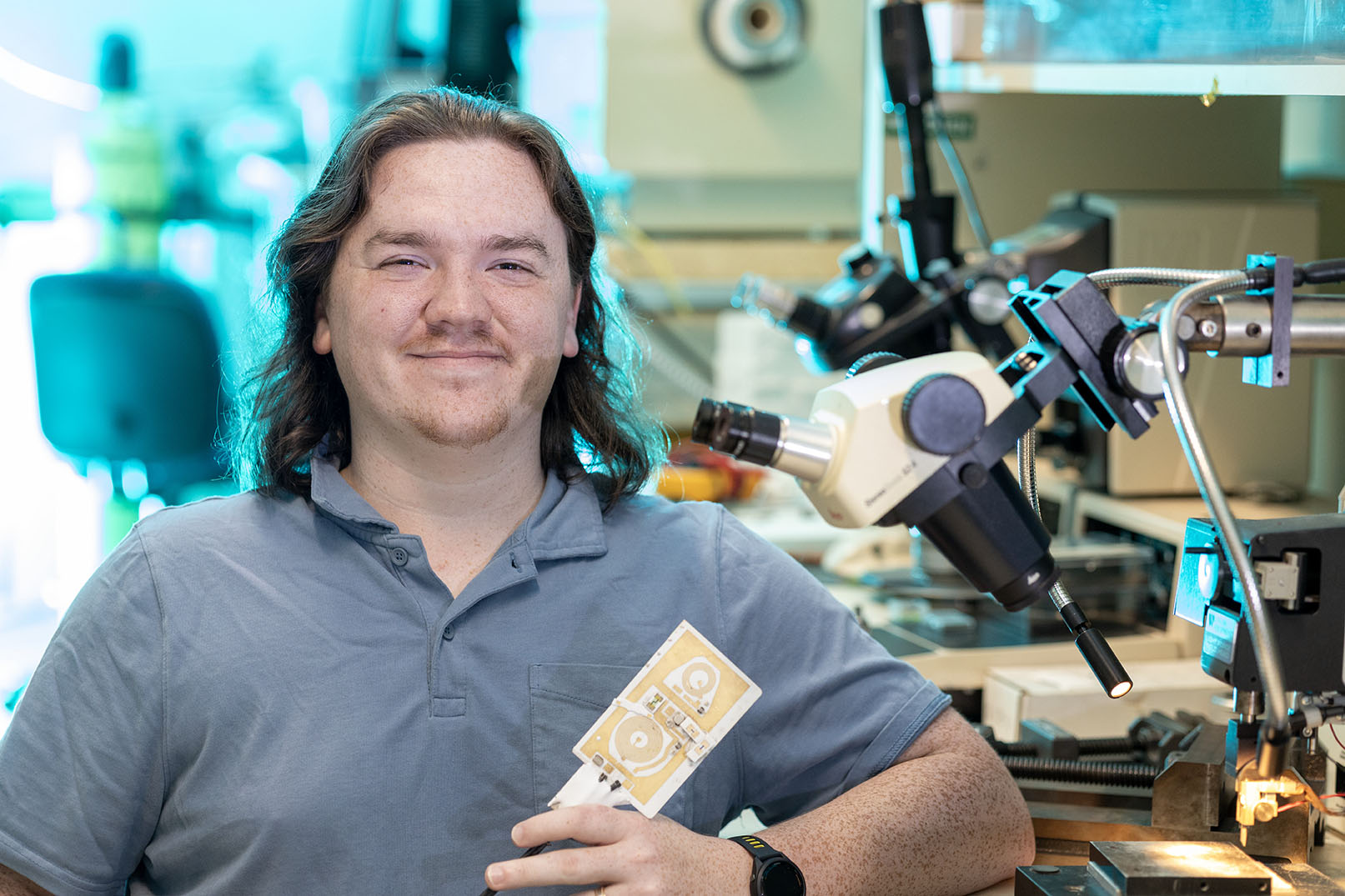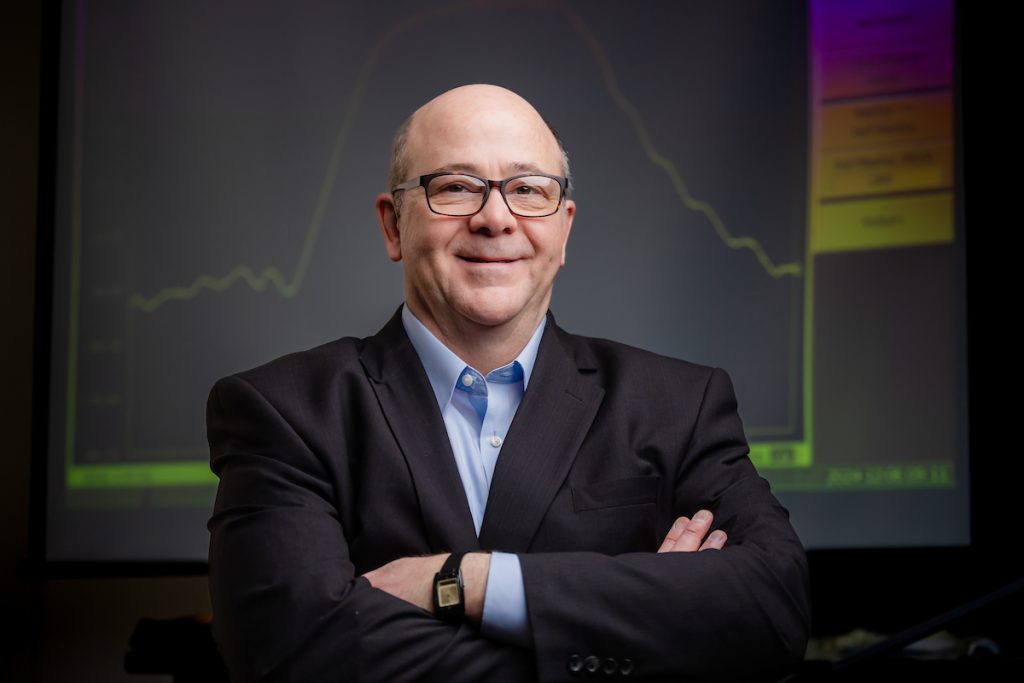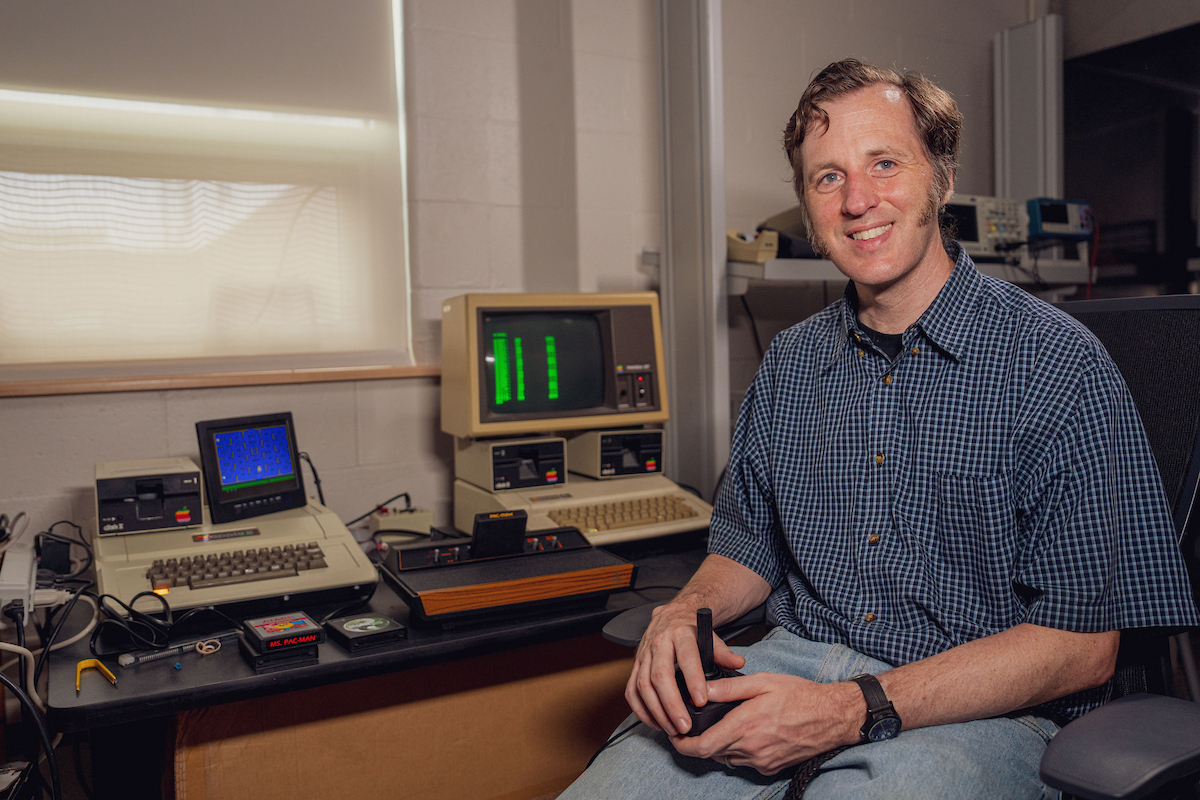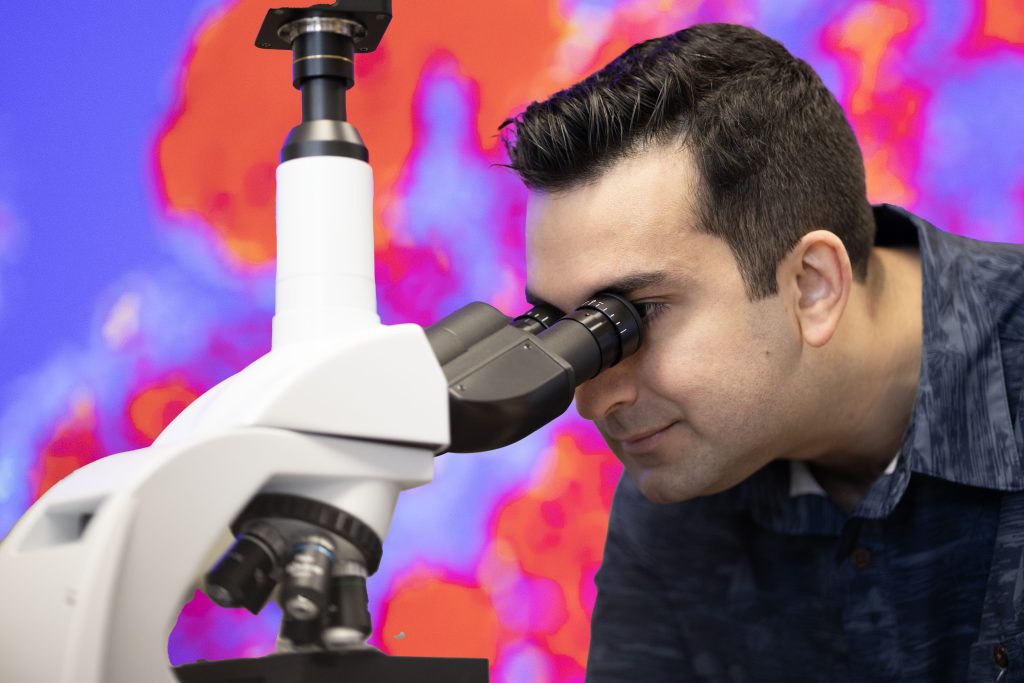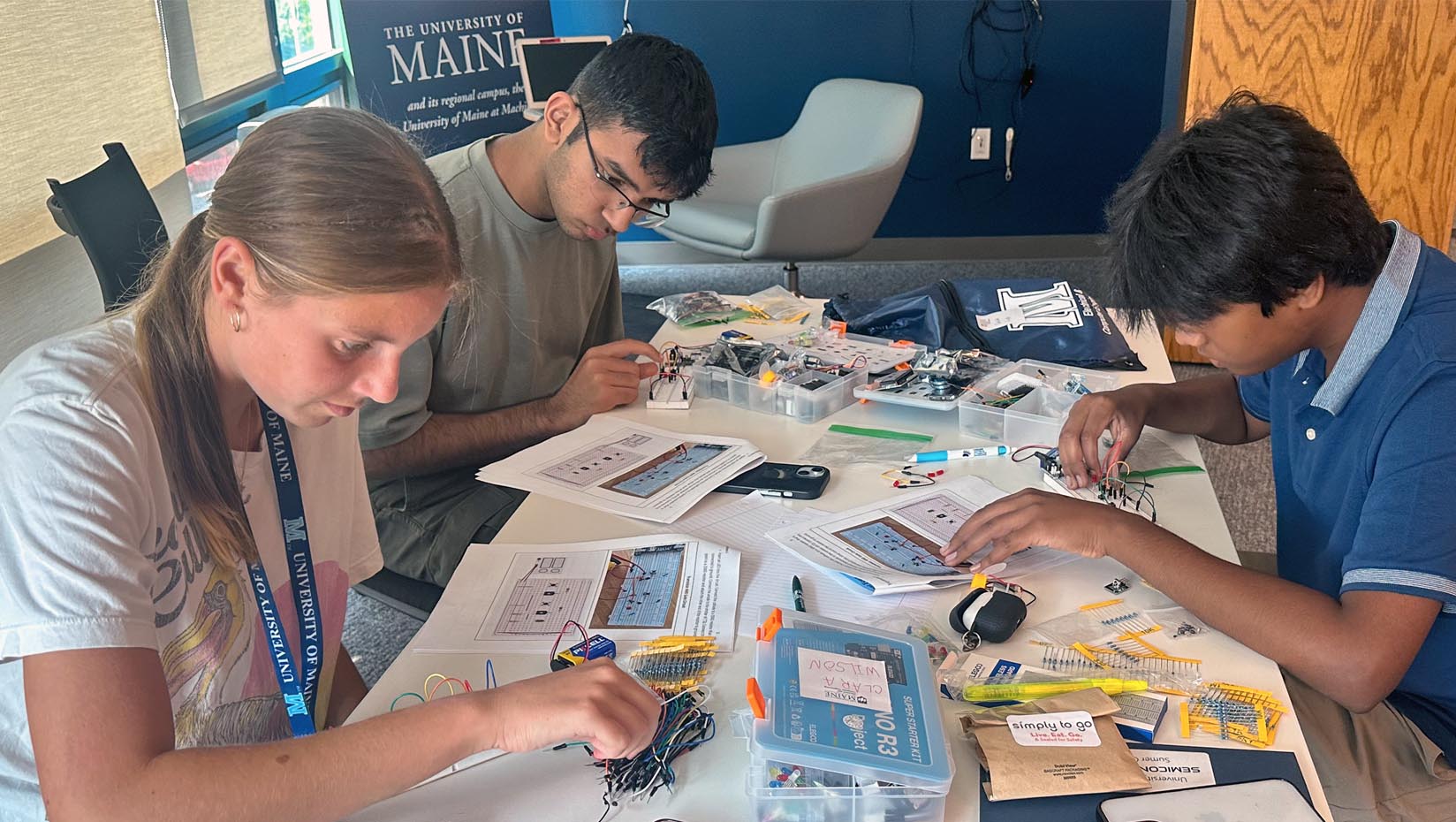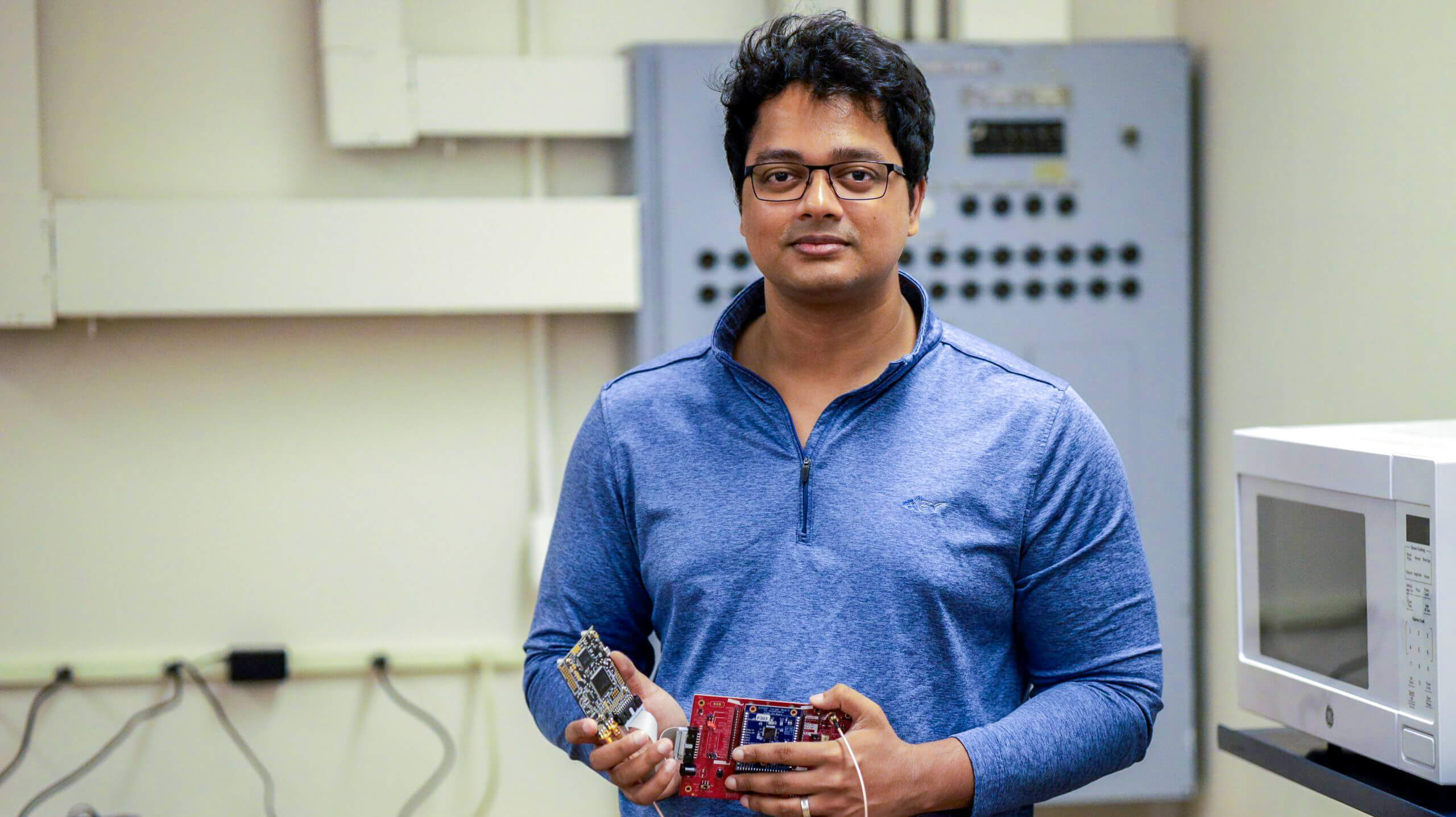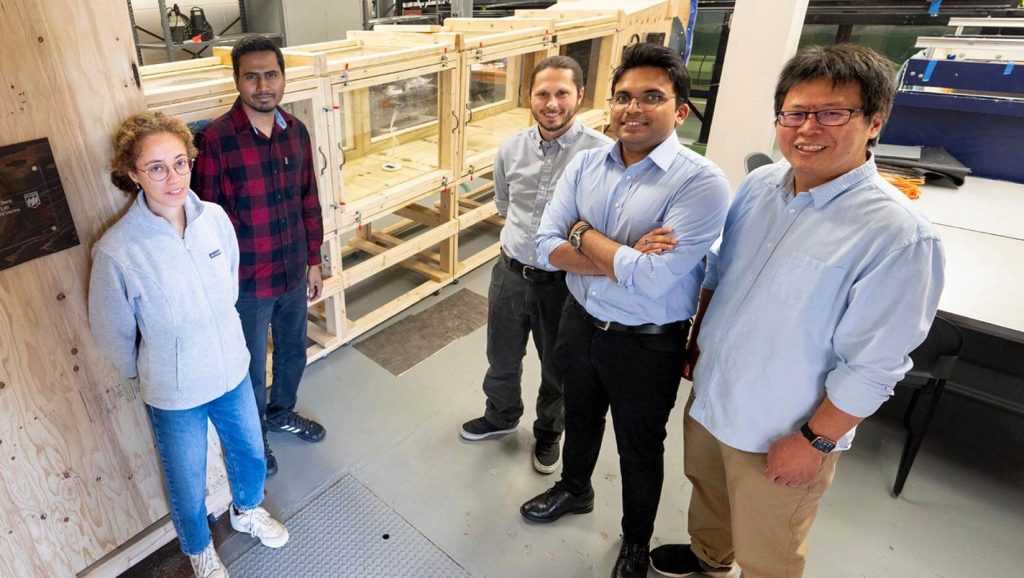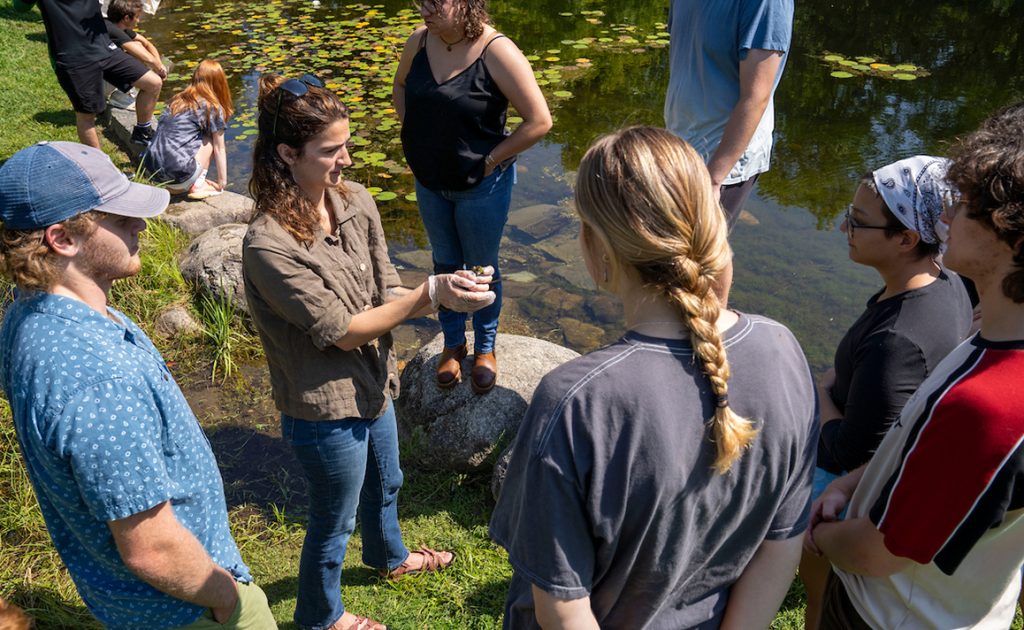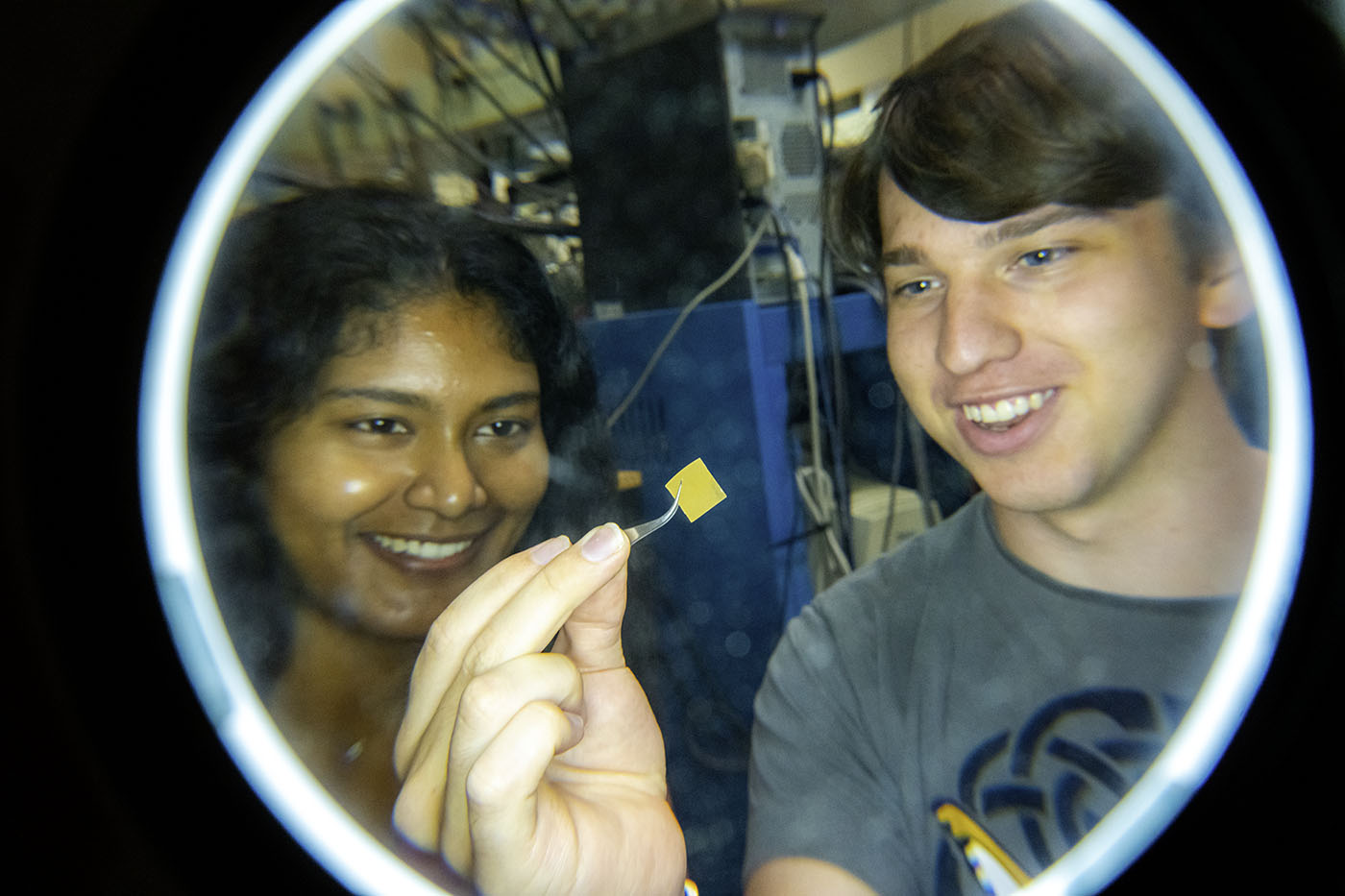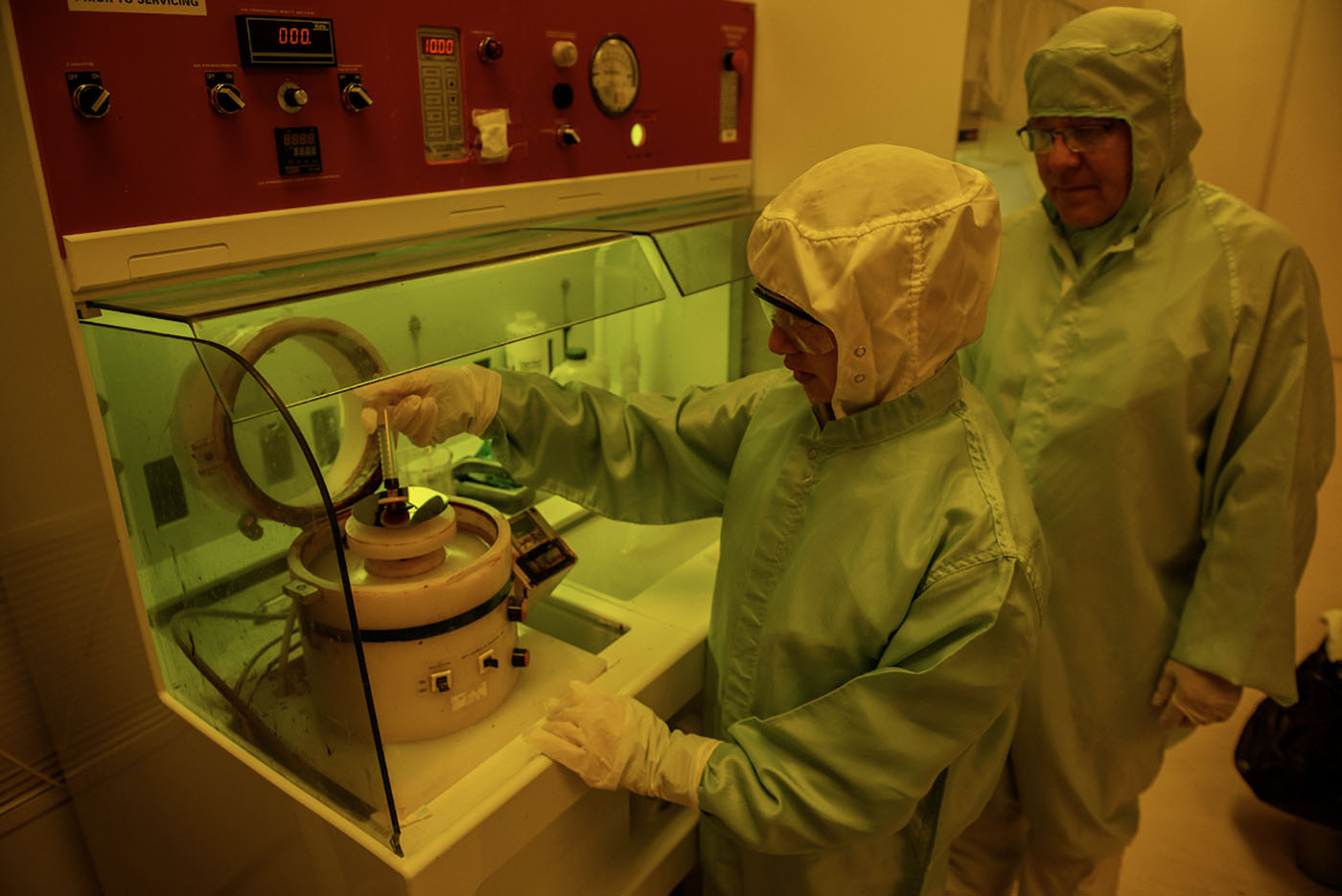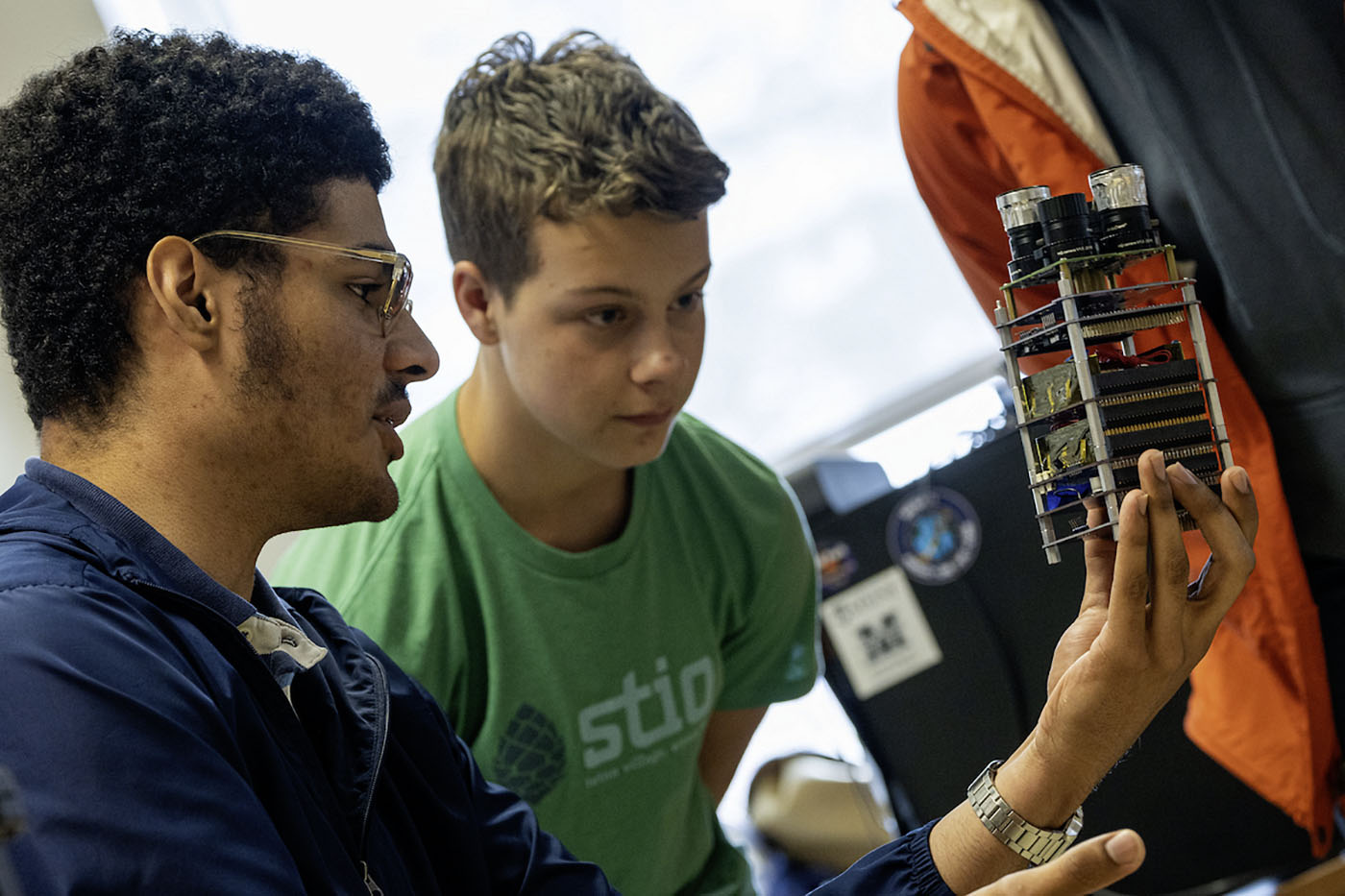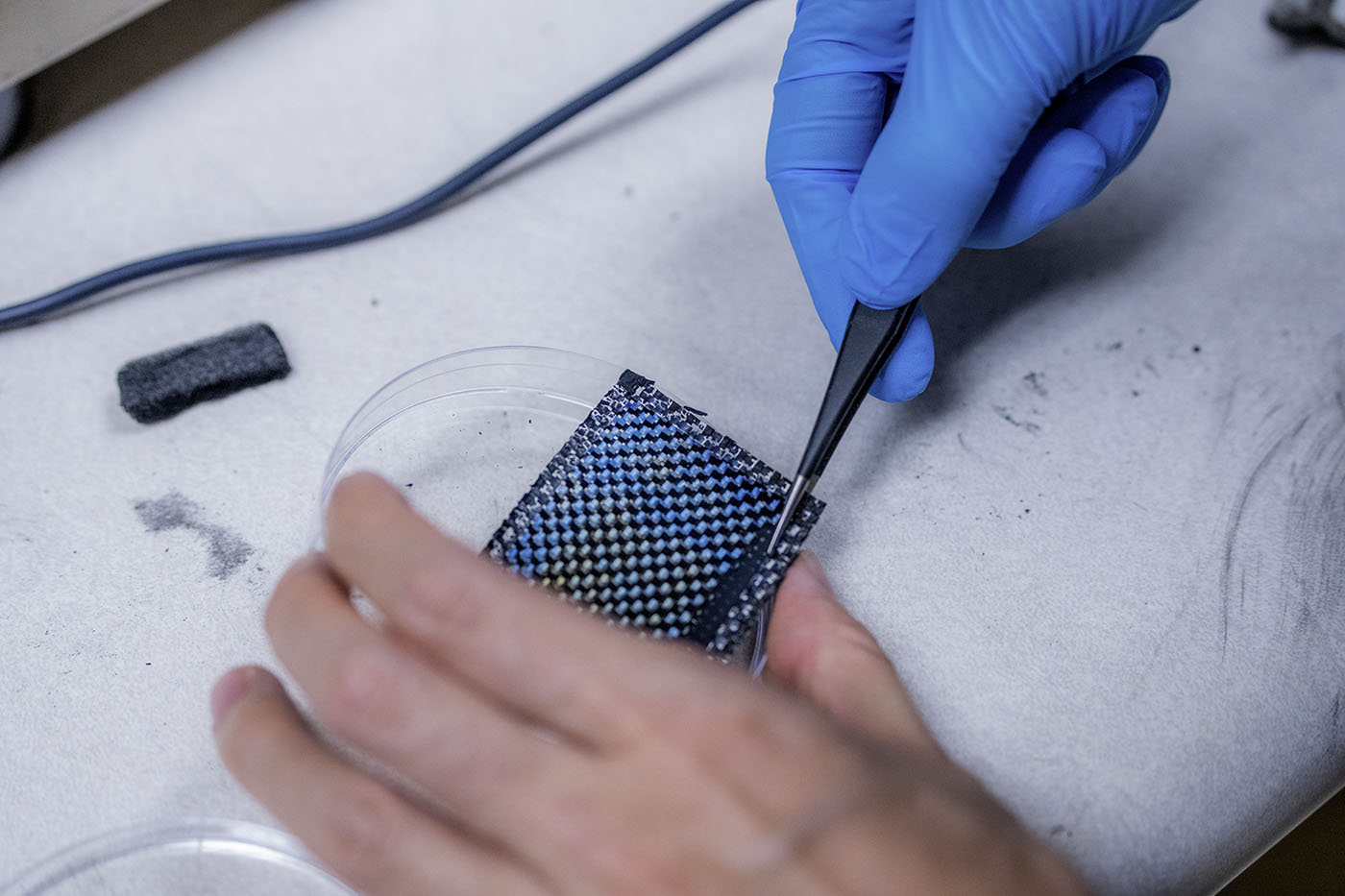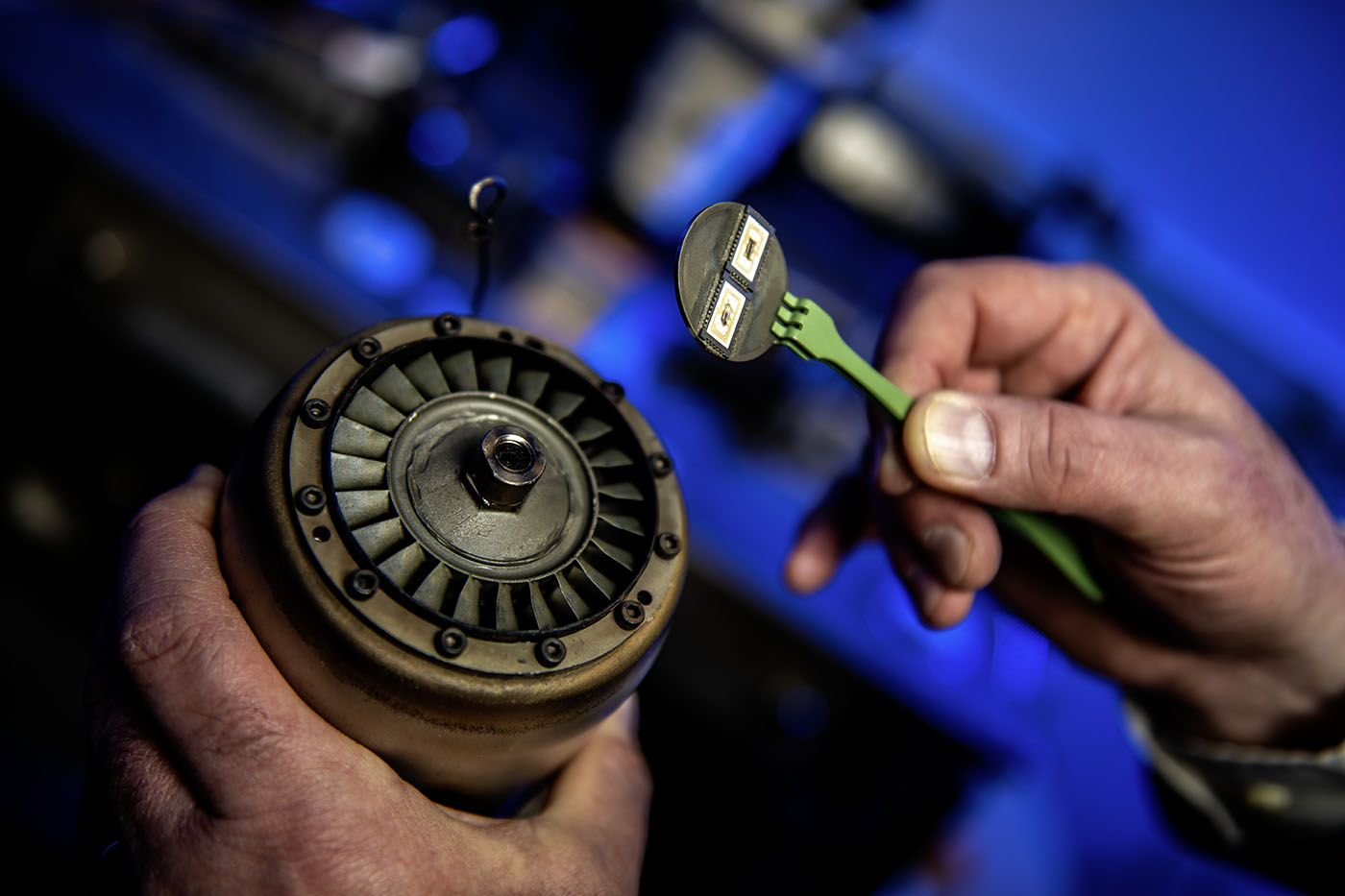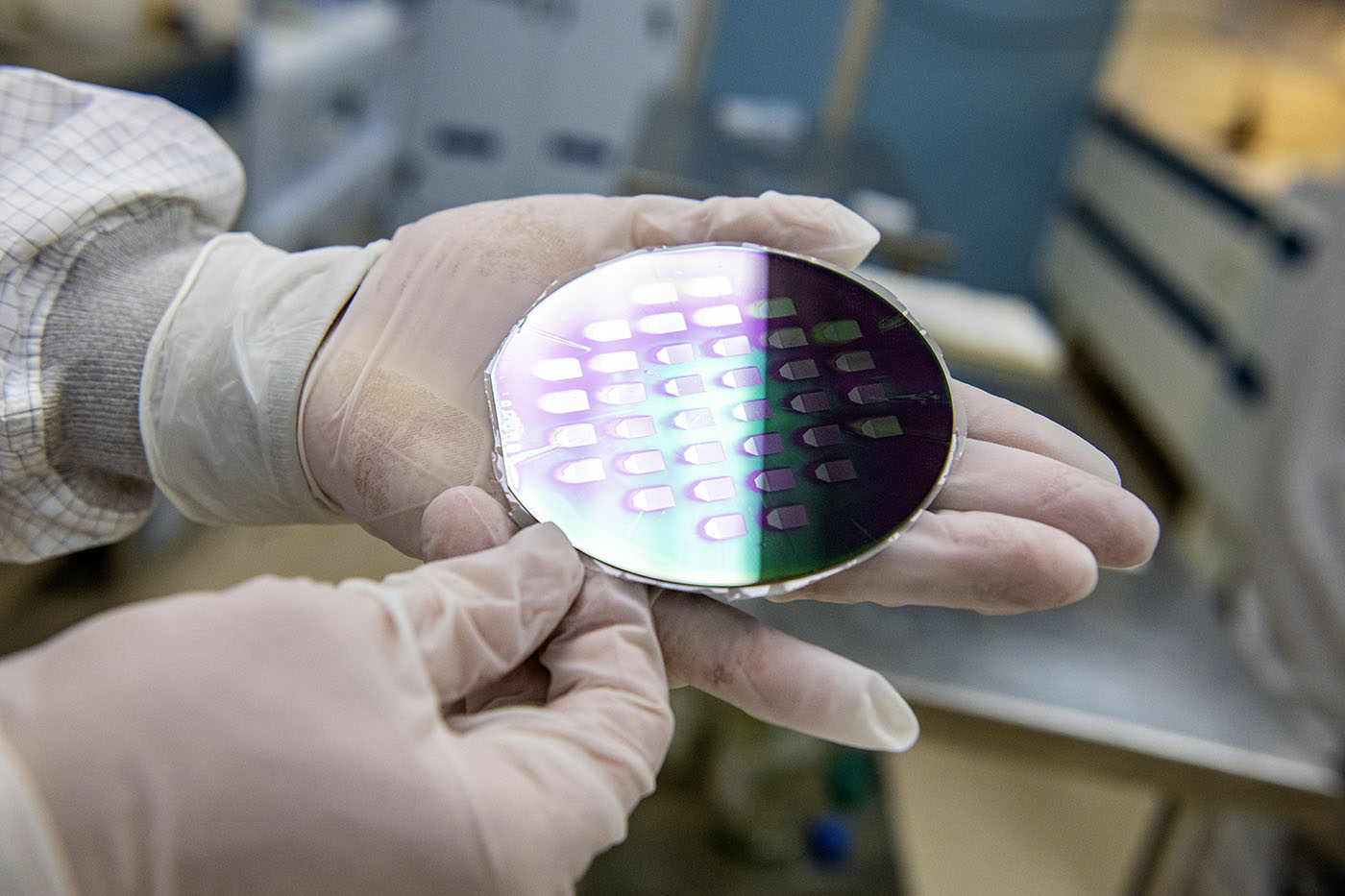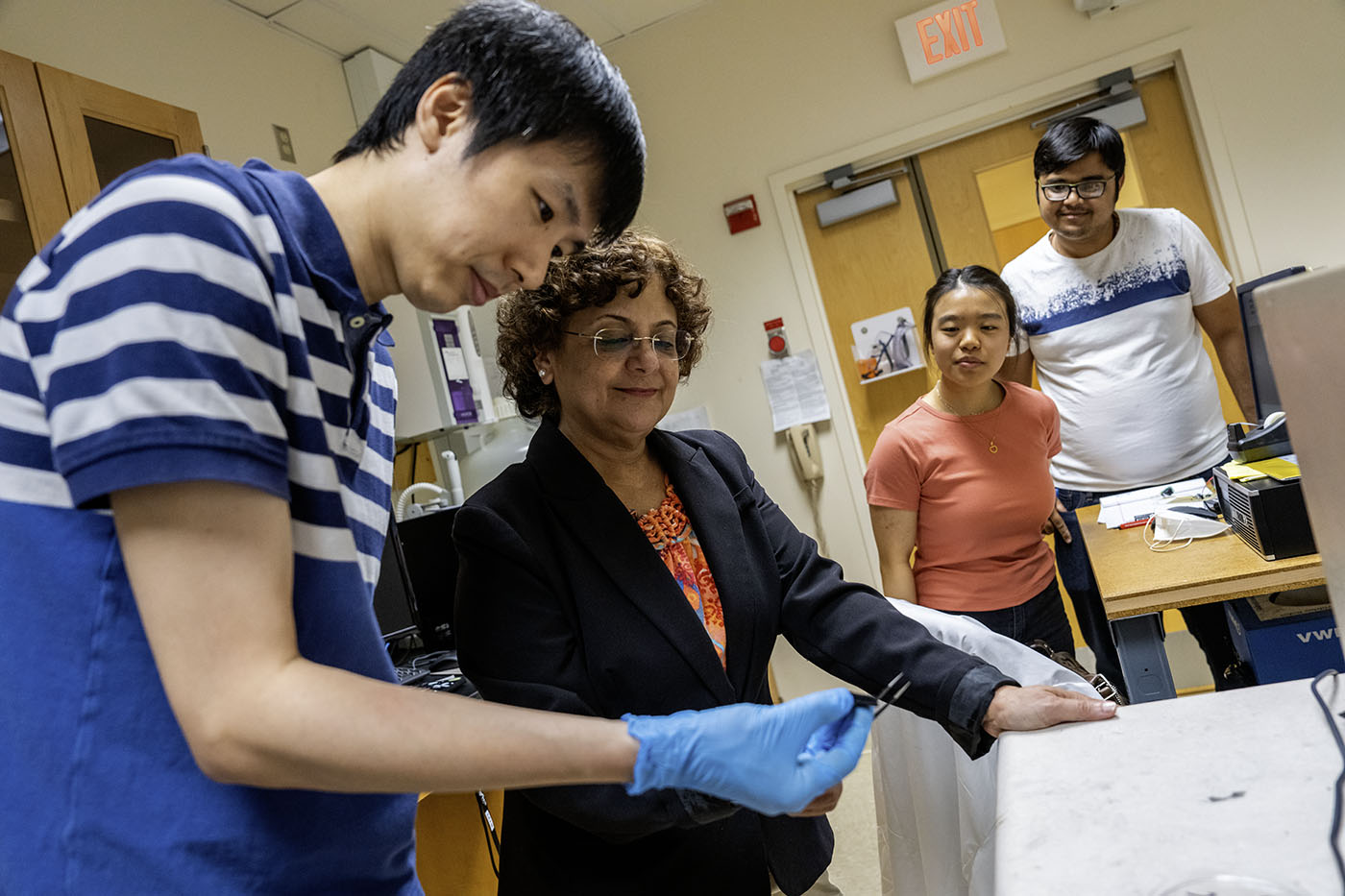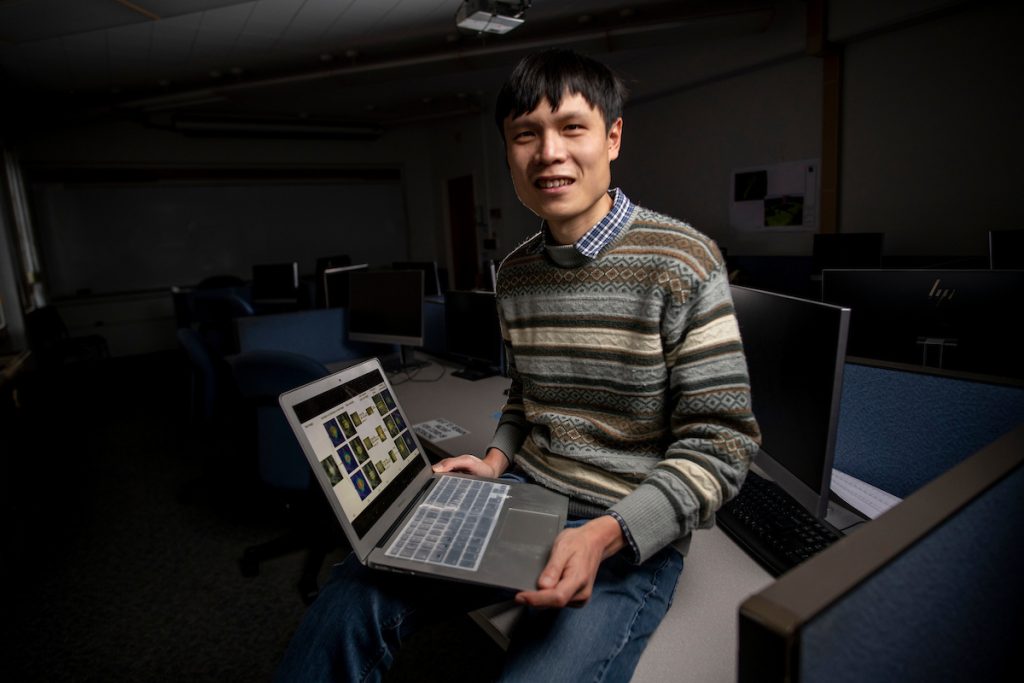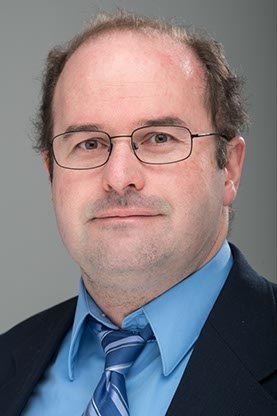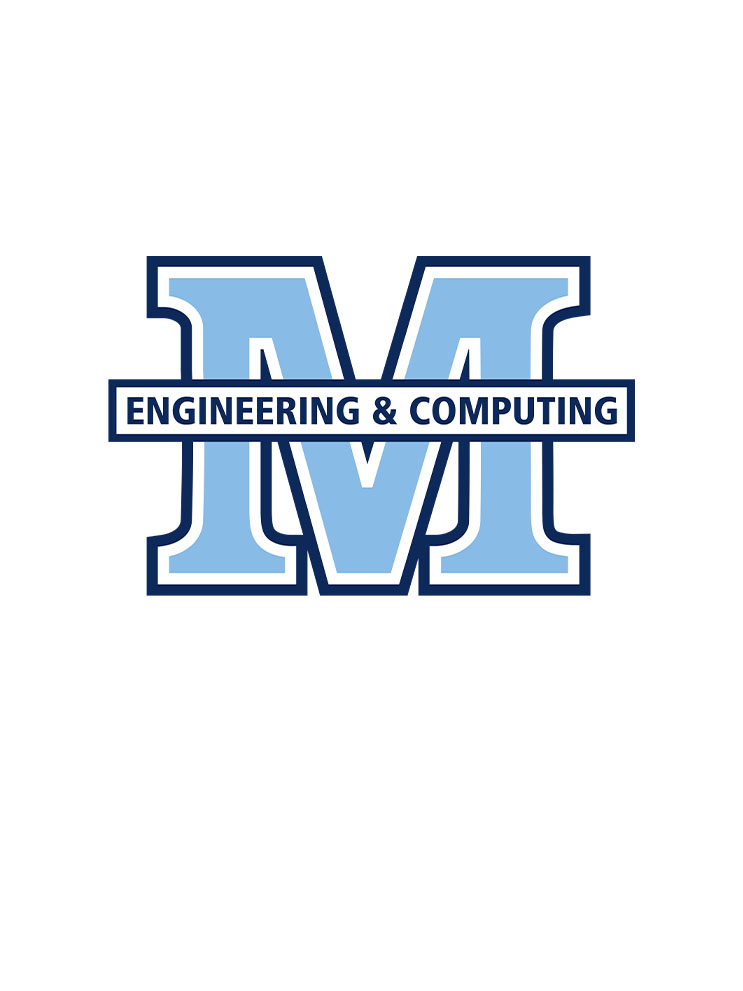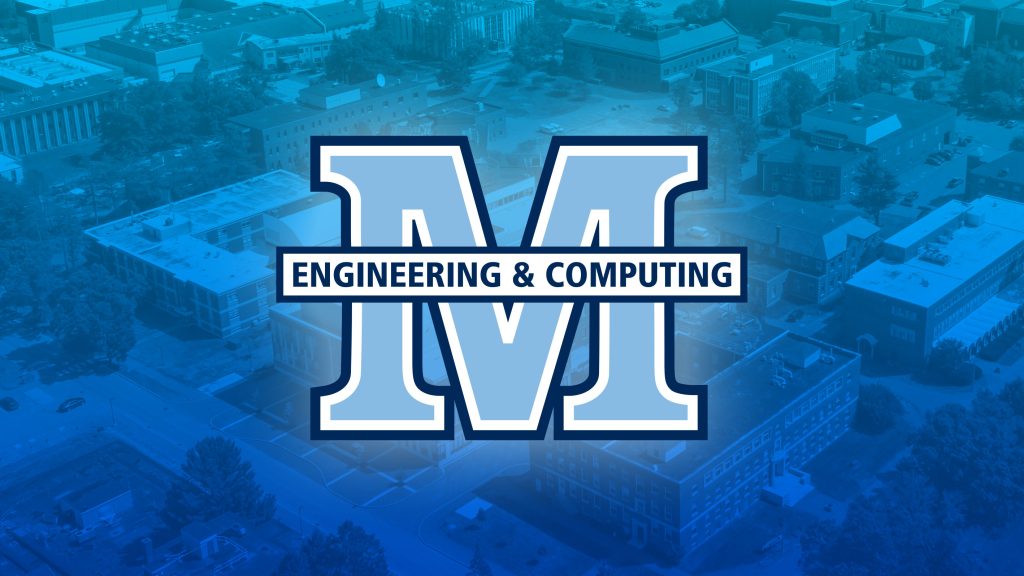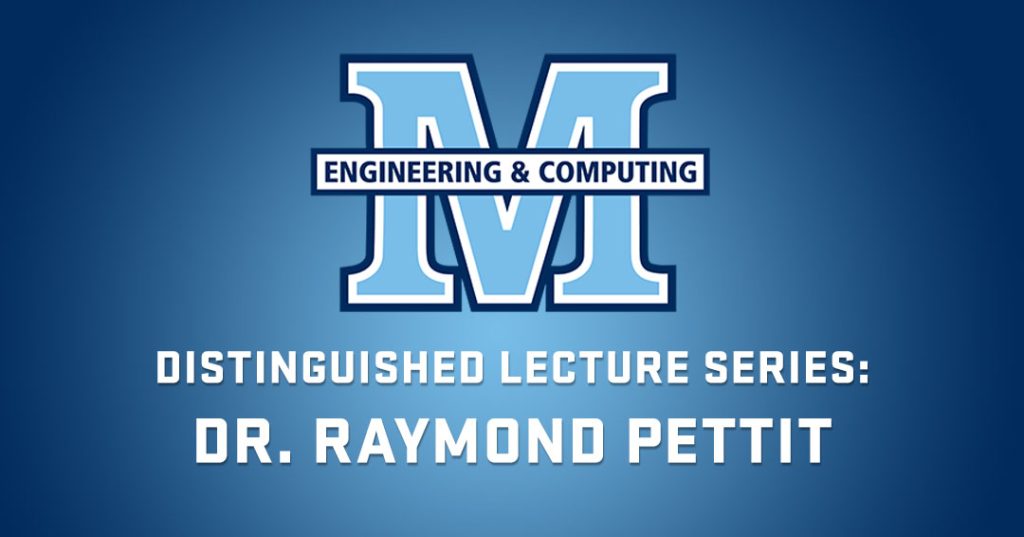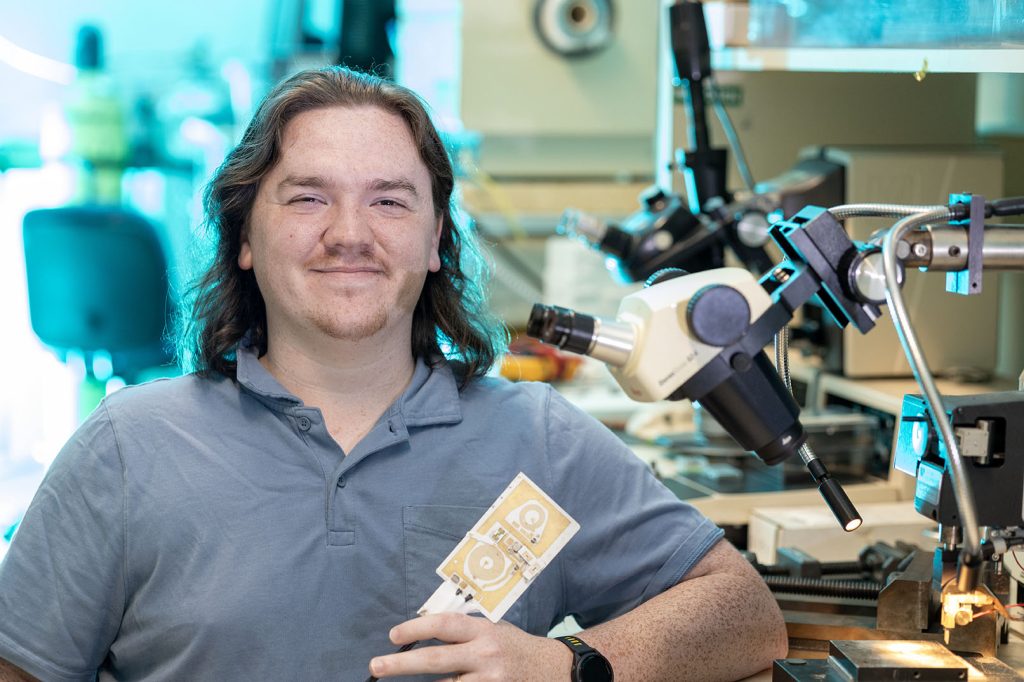Electrical Engineering involves the use of electricity to solve problems related to energy, the environment, transportation, communications, health care, and a host of other areas that have an important impact upon society.
Latest Innovations & Updates
Electrical Engineering Overview
Electrical Engineering involves the use of electricity to solve problems related to energy, the environment, transportation, communications, health care, and a host of other areas that have an important impact upon society. Equipped with a broad background of theoretical and practical knowledge, the Electrical Engineering graduate has a wide range of careers from which to choose: research and design, teaching, sales, and management. Few professions offer the opportunity for diversity that is provided in Electrical Engineering.
The Electrical Engineering curriculum also provides an excellent “feeder” degree for those students uncertain about choosing a specific career. The knowledge gained through a study of the physical sciences, mathematics, engineering, written and oral communications, humanities, and social sciences provides an excellent background for many career choices (e.g., medicine, business and law).
Electrical Engineering students benefit from practicing in internships, as well. Past sponsors of internships include: Bangor Hydro Electric Company, Lemforder Corporation, Great Northern Paper Company, General Electric Company, Amoco Laser Corporation, International Paper Company, Vermont Yankee Nuclear Power Plant, Mitre Corporation, Boise Cascade Paper Company, Ark-Less Company, Becon Construction, ON Semiconductor and Texas Instruments.
Career possibilities for electrical engineers include power-generation, transmission, and distribution; communications; semiconductor devices design and manufacture; control processes and measurement; and electronics.
Programs Offered
Undergraduate Level:
UMaine Course Catalog, Overview of Degree Requirements
- Bachelor of Science (B.S.) in Electrical Engineering
- Electrical Engineering Minor
- Power Minor
- Renewable Energy Engineering Minor
Graduate Degrees
- Master of Science (M.S.) in Electrical Engineering
- Doctor of Philosophy (Ph.D.) in Electrical & Computer Engineering
Certificates
Program Information
Incoming Student Information
Engineering and Engineering Technology – Similarities and Differences
Many engineering graduates find roles as “engineers”, but the differences between various engineering degree programs and the nature of the jobs they lead to are often unclear. A look at the history of these programs helps to better understand their evolution.
Graduate Programs
Electrical & COMPUTER Engineering
Electrical and Computer Engineering Graduate programs offer advanced degrees in engineering and technology fields, including options for accelerated pathways, master’s, and doctoral studies.
Leading the way
The ECE Department provides opportunities for undergraduate and graduate students for research in a wide variety of areas. Explore each area and associated faculty members.
Our Faculty & Staff
At MCEC, our faculty is the heartbeat of our academic community. Dedicated, inspiring, and deeply knowledgeable, our professors go beyond the traditional classroom experience to foster real-world skills and a passion for learning. Whether mentoring, leading innovative research, or providing personalized support, our faculty members are committed to empowering students to achieve their highest potential
Yifeng Zhu
Prabuddha Chakraborty
Chaofan Chen
Vikas Dhiman
Nuri Emanetoglu
Taher Ghomian
Giovanna Guidoboni
Yongjie Guan
Xueyu Hou
Don Hummels
Jarrett Lancaster
Hepeng Li
Mohamad Musavi
Mauricio Pereira da Cunha
Heather Pierce
Andrew Sheaff
Ayesha Siddique
Rosemary Smith
Reinaldo Tonkoski
Vincent Weaver
Department Contact Information
Electrical & Computer Engineering
Yifeng Zhu
yifeng.zhu@maine.edu
Department Chair
Heather Pierce
heather.j.pierce@maine.edu
Administrative Specialist
5708 Barrows Hall, Room 101
Orono, Maine 04469
Tel: 207.581.2224
MCEC NEWS


